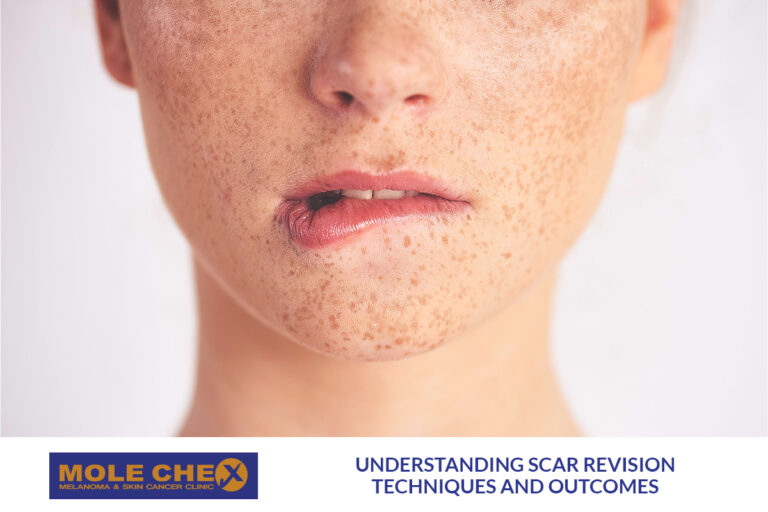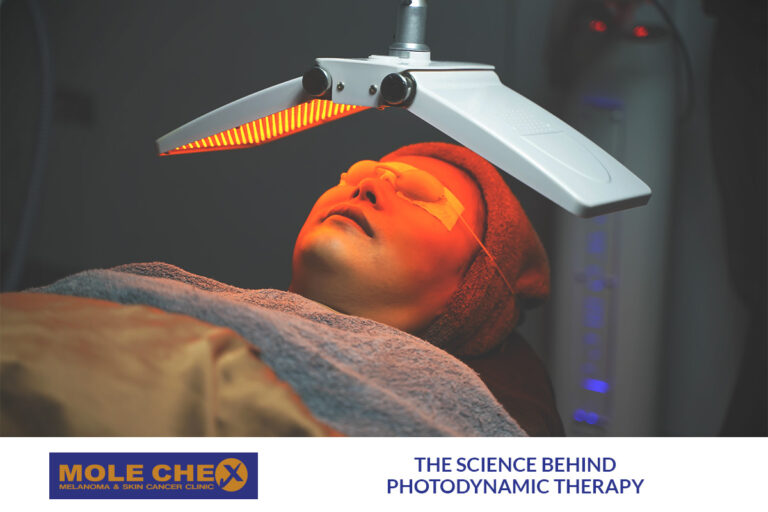Unravelling the Genetic Threads of Cancer: Understanding Family History and Risk

Cancer, an intricate interplay of genetic and environmental factors, sometimes leaves families grappling with profound questions and concerns. In our exploration of the relationship between genetics and cancer, we aim to shed light on the concept of a family history of cancer and the nuanced considerations that come with it.
Decoding Family History: What Does It Mean?
Cancer is, unfortunately, not a stranger to many families. It can manifest due to chance, shared environmental factors, or, in rarer cases, through inherited faulty genes. Cancer is, unfortunately, not a stranger to many families. It can manifest due to chance, shared environmental factors, or, in rarer cases, through inherited faulty genes.
A familial or family cancer, constituting a small percentage (up to 5%) of certain cancers, involves the transmission of a faulty gene from either parent. It’s crucial to note that even with this inherited predisposition, not every family member is destined to develop cancer.
Understanding the specifics of family cancer history is akin to deciphering a genetic code. It is often not a deterministic factor, but a probabilistic one, where the presence of certain patterns raises the likelihood of an inherited faulty gene. Patterns include a higher occurrence of breast, ovarian, or bowel cancer, especially at younger ages. Recognizing these patterns can be a crucial step in gauging the potential genetic component in a family’s cancer history.
Recognizing the Clues: Assessing Your Family Tree
To decipher whether your family might carry a genetic predisposition to cancer, scrutinize the family history on both your paternal and maternal sides. Key indicators include the number of blood relatives who’ve had cancer, the age at which cancers developed, and the specific patterns of cancer within the family. A higher occurrence of breast, ovarian, or bowel cancer, especially at younger ages, raises suspicion of an inherited faulty gene.
Uncovering the genetic threads in your family’s tapestry involves considering various factors. The number of blood relatives who’ve had cancer is one key indicator. If multiple relatives, especially from both sides of the family, have had cancer, it could suggest a genetic predisposition. The age at which cancers developed is another crucial factor. If family members were diagnosed at younger ages than expected in the general population, it might indicate an increased genetic risk. Additionally, the specific patterns of cancer within the family are essential. In some families, there might be a recurrence of the same type of cancer, like breast or bowel cancer. This can be indicative of certain faulty genes that can lead to multiple types of cancer.
Seeking Guidance: Genetic Counseling & Discovery
Understanding your risk based on family history is where genetic counselling services can play a pivotal role. These services provide insights into the likelihood of developing cancer, strategies to mitigate the risk, and early detection methods. Genetic testing may be considered, but it’s a decision taken after thorough discussions about its benefits and drawbacks. Notably, genetic testing is most informative when a family member with cancer has undergone the testing process.
Genetic counseling services are an invaluable resource in navigating the complexities of familial cancer risk. These services offer personalized information about an individual’s chances of developing cancer based on their unique family history. The genetic counselor considers various factors, such as the number of relatives with cancer, the age at which they were diagnosed, and the types of cancer present in the family. This comprehensive analysis helps individuals make informed decisions about their health and well-being.
FAQs About Skin Cancer: Navigating Concerns and Curiosities
Skin cancer can manifest in various ways, but common signs include changes in the size, shape, or color of moles, the appearance of new growths, and persistent itching or tenderness. Regular skin checks and awareness of these signs are crucial for early detection.
The ABCDE rule is a helpful guide. Check moles for Asymmetry, irregular Borders, uneven Color, a Diameter larger than a pencil eraser, and Evolution or changes over time. If you notice any of these, it’s wise to consult a dermatologist.
While it’s challenging to prevent skin cancer entirely, you can minimize risks. Protect your skin from UV radiation by using sunscreen, wearing protective clothing, and avoiding excessive sun exposure. Regular skin checks and early intervention significantly improve outcomes.
If you observe any concerning changes in a mole’s appearance, consult a dermatologist promptly. They can perform a thorough examination, possibly a biopsy, and guide you on the appropriate course of action, whether it’s monitoring, removal, or further treatment.
Recovery duration varies based on the type and stage of skin cancer and the treatment modality. Less invasive treatments may have shorter recovery times, while surgeries or more extensive interventions might require more extended recovery periods.
Treatment approaches depend on the type of skin cancer, its stage, and individual health factors. Common treatments include surgery, radiation therapy, chemotherapy, immuno-therapy, and targeted therapy. A dermatologist or oncologist will determine the most suitable option.
While some factors may contribute to an increased risk of skin cancer, such as a family history of the disease, most skin cancers are linked to UV exposure. Regular skin checks and sun protection are critical, especially if there’s a family history of skin cancer.
The frequency of skin checks depends on individual risk factors. Generally, an annual skin check is recommended, but those with a history of skin cancer or higher risk may need more frequent examinations. Consult with a dermatologist to determine an appropriate schedule.
Tanning beds emit UV radiation, a known carcinogen linked to skin cancer. Using tanning beds increases the risk of skin damage and cancer. It’s advisable to avoid tanning beds altogether and opt for safer alternatives like self-tanning products if a tan is desired.
Remember the Crucial Role of Regular Skin Checks in Skin Cancer Prevention
Skin cancer, when detected early, is highly treatable. Regular skin checks are a fundamental aspect of prevention, enabling early identification of suspicious moles or lesions. Here’s why consistent skin monitoring is essential:
- Early Detection Saves Lives: Skin cancer, if left untreated, can progress to advanced stages, making it more challenging to treat. Regular skin checks empower individuals to identify changes early, potentially preventing the spread of cancer and improving treatment outcomes.
- Tailored Risk Assessment: Personalized risk factors, such as family history, skin type, and previous sun exposure, influence the likelihood of developing skin cancer. Regular skin assessments allow healthcare providers to tailor risk assessments, ensuring individuals receive appropriate advice and monitoring.
- Ensuring Timely Professional Evaluation: While self-examination is valuable, professional evaluation by a dermatologist is essential for a comprehensive skin assessment. Regular checks ensure that any concerning changes are promptly brought to the attention of healthcare providers for thorough examination and appropriate intervention.
- Monitoring High-Risk Individuals: Individuals with a history of skin cancer, significant sun exposure, or a family history of the disease may be at higher risk. Regular skin checks are crucial for monitoring high-risk individuals closely, facilitating early intervention if needed.
- Enhancing Peace of Mind: Regular skin checks provide individuals with the peace of mind that comes from knowing their skin health status. Timely identification of benign conditions or early-stage skin cancer allows for proactive management, reducing anxiety associated with undetected issues.
- Facilitating Preventive Measures: Beyond early detection, skin checks enable healthcare providers to recommend preventive measures. This may include lifestyle adjustments, increased sun protection, or specific interventions to minimize the risk of skin cancer development.
In conclusion, regular skin checks are a proactive and empowering approach to skin health. By fostering awareness, early detection, and personalized care, individuals can play a vital role in preventing and managing skin cancer. Prioritize your skin health through consistent self-examination and professional assessments.
Conclusion
It’s essential to emphasize that while family history can offer valuable insights, it doesn’t guarantee an individual will develop cancer. Genetic counselling becomes a compass, guiding individuals through the complexities of their genetic landscape, offering support, and empowering informed decisions.
If you’re navigating concerns about your family’s cancer history, seeking advice from healthcare professionals, including genetic counsellors, can provide clarity on your unique situation. Remember, knowledge is a powerful tool in the journey towards managing and understanding familial cancer risks. 💙🧬
If you’re interested in learning more? Read articles from : https://www.cancer.org.au/cancer-information/causes-and-prevention/family-history-and-cancer
Still interested? Read other articles :



